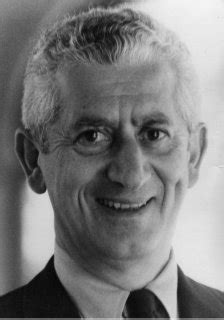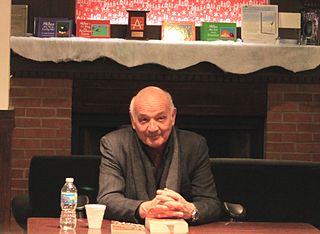A Quote by Laozi
When one gives whatever one can without restraint, the barriers of individuality break down. It no longer becomes possible to tell whether it is the student offering himself to the teacher, or the teacher offering herself to the student. One sees only two immaculate beings, reflecting one another like a pair of brilliant mirrors.
Related Quotes
A good teacher can never be fixed in a routine... each moment requires a sensitive mind that is constantly changing and constantly adapting. A teacher must never impose this student to fit his favourite pattern; a good teacher functions as a pointer, exposing his student's vulnerability and causing him to explore both internally and finally integrating himself with his being. Martial art should not be passed out indiscriminately.
...a student attains 'higher order thinking' when he no longer believes in right or wrong". "A large part of what we call good teaching is a teacher´s ability to obtain affective objectives by challenging the student's fixed beliefs. ...a large part of what we call teaching is that the teacher should be able to use education to reorganize a child's thoughts, attitudes, and feelings.
My notion of a failed writing workshop is when everybody comes out replicating the teacher and imitating as closely as possible the great original at the head of the table. I think that's a mistake, in obvious opposition to the ideal of teaching which permits a student to be someone other than the teacher. ... The successful teacher has to make each of the students a different product rather than the same.









































